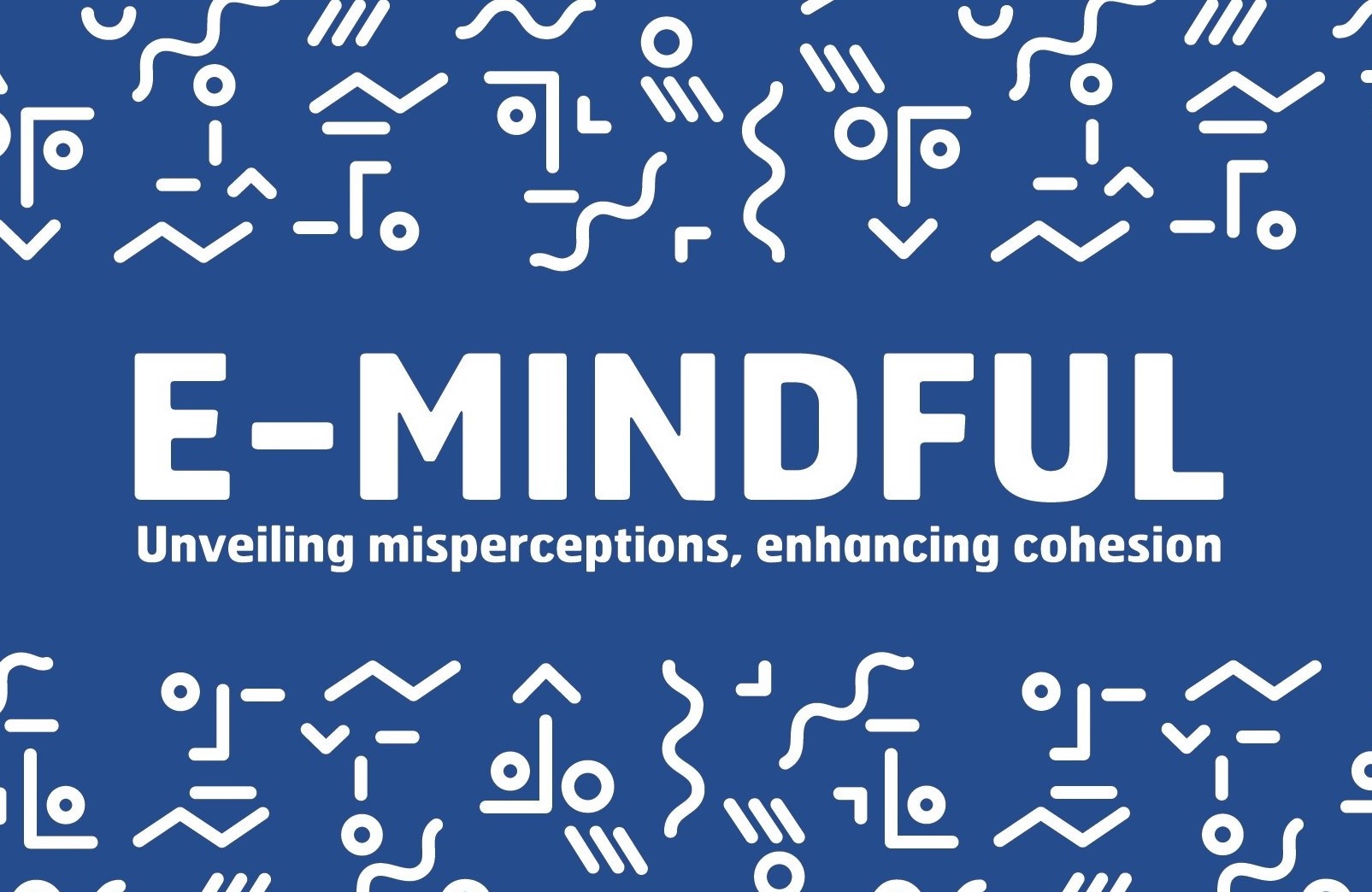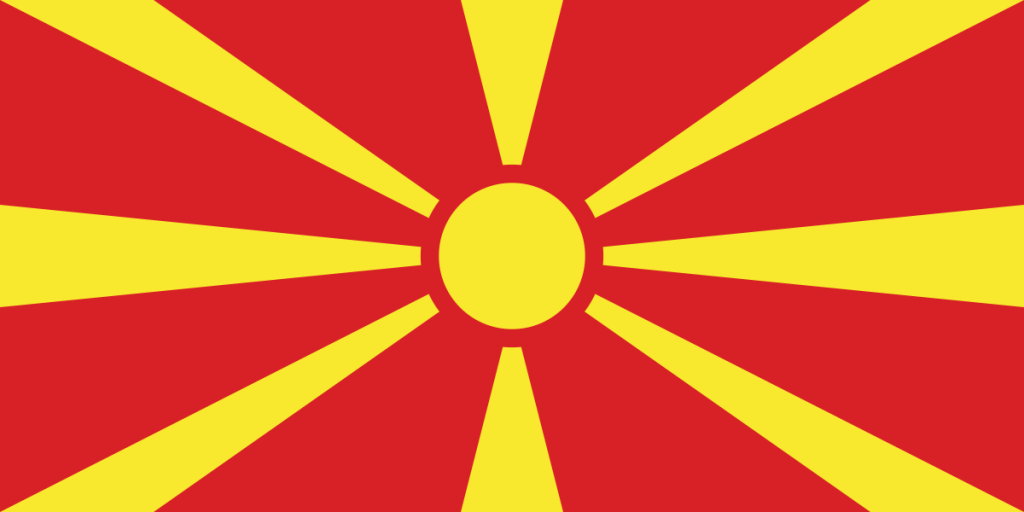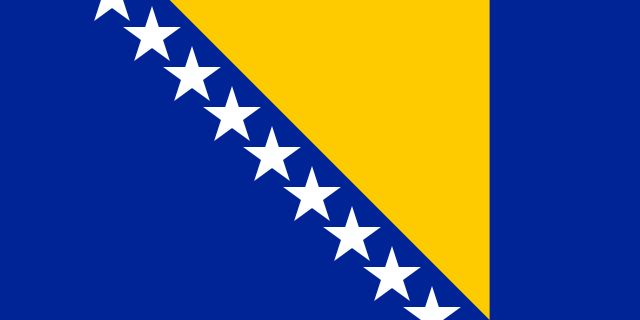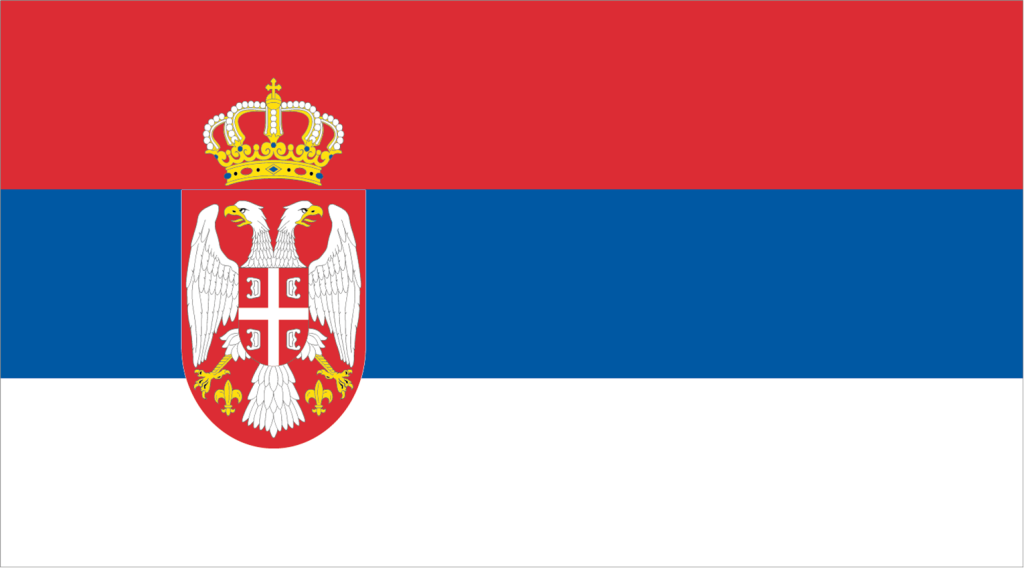AVAILABLE LANGUAGES
Teresa Albano, Economic Affairs Officer at the Office of the Coordinator of OSCE Economic and Environmental Activities and Senior Project Manager of the E-MINDFUL project;
Stefano Volpicelli, sociologist, member of the Multidisciplinary Working Group of the E-MINDFUL project
Artwork Credits: “The Tightrope Walker”, Roberto Weigand
As 2022 was a testing year, I spent my seasonal holidays ‘binge-watching’ on my sofa: movies, TV series, cartoons, including advertisements. Some captured my attention more than others: Green Book, inspired by the true story of a 1962 tour of the US ‘Deep South’ by African American pianist Don Shirley and Italian American bouncer and later actor Frank “Tony Lip” Vallelonga, who served as Shirley’s driver and bodyguard. The movie is named after ‘The Negro Motorist Green Book’, a guide for African American travellers published by Victor Hugo Green from 1936 to 1966, providing suggestions about motels, restaurants, and gas stations that would serve African Americans in states enforcing racial segregation in the Southern United States.
Besides Green Book, I truly enjoyed the TV series Bangla available on the Italian Rai Play, taken from the homonymous film “Bangla” award winner movie of the Donatello Prize — a sort of Italian Oscar — for Best Film and Best Director. Set in present-day, multi-ethnic Rome — in the popular Torpignattara neighbourhood — the movie and the TV series tell the story of Phaim and Asia, two distant worlds who are, at first glance, incompatible. He is Muslim and rooted in Bengali family traditions, and she is an atheist and the daughter of separated parents. Yet, despite everything, like a modern Romeo and Juliet, they love each other, but…..
I do not want any spoilers, as this is an open invitation to watch the movie and/or the TV series, but both offered enjoyable, and sometimes disturbing, inspiration about the topic of migrant integration in receiving communities. What the movies bring to the fore is a key question: what is integration? Indeed, this is a relevant matter as the core objective of the E-MINDFUL project is to provide guidance on how migrants’ contribution to hosting societies can be communicated in ways that can resonate beyond the dominant polarization, not as ‘predators’, not as ‘victims’. The overall intention of the project is to foster conditions for mutual understanding and recognition in support of social cohesion and economic prosperity.
What is integration?
What are the key conditions that foster communities where everyone feels belonging? According to the United Nations’ University: “…..There is no clear definition of the word ‘integration’, despite the common use of the word” (UNU/CRIS and Allied consultants, 2002).
Some years ago, in the framework of a research project involving a number of interviews with policymakers, the meaning of the term “integration” was investigated (Volpicelli, 2012). From the answers, it was apparent how ‘integration’ can be differently understood in different contexts, varying from ‘assimilation’ to ‘multiculturalism’. In an effort to provide guidance, the European Union developed a conceptualization of integration as the “two-way process that involves mutual adaptation of migrants and the host society”, which may offer useful lenses for discussing what it means in everyday life to establish a new home in a place that is unfamiliar and sometimes far from our habits.
The two-way process
The conceptual framework of the ‘two-way process’ seems to assert a dynamic interrelation between migrants and the hosting society. It suggests a mutual adaptation through which the two factors of the equation are equally modified and generate a social environment that is new compared to the original one. To allow this process to happen in the most harmonious way, it is evident that a pre-condition is needed: a position of ‘symmetry’ between the migrant and the host society.
Through which perspectives should this symmetry be considered?
First, a combination of legislative and policy frameworks, enforcement practices and need-tailored services that allow both migrants and hosting communities, particularly groups in vulnerable situations, to access opportunities for livelihood and participation in the social, economic, cultural and religious aspects of life. This ‘enabling environment’ should also include access to physical spaces that have a social, political, religious and cultural character. We will call this element ‘the hardware’ or the ‘material’ component of integration.
Second, an ‘emotional attitude’ that allows foreigners and other people in vulnerable situations to feel accepted and welcome as ‘persons of value’. Thanks to this emotional attitude, differences can be reframed as added benefits for the ‘new’ society, while fragilities are embraced and addressed with a sense of solidarity and ‘togetherness’. As such, we will call this element ‘the software’ or the ‘immaterial’ component of integration.
Making integration work for everyone
It is evident that, like for a computer, without suitable hardware, the software cannot work and, vice versa. To develop ever more sophisticated software that can solve more compelling challenges, it is necessary to be equipped with suitable hardware. The dynamic interaction between migrants and hosting communities can unfold smoothly only when the material elements — policies and practices — and the immaterial elements — the attitudes — are aligned and nurtured towards making the society and the economy renewed by the ‘two-way process’. In this dynamic, we are all together — natives and newcomers, citizens and migrants – as marginalization and fragilities are common to everyone. When these components jam or hinder each other, both migrants and natives end up living like tightrope walkers, in a precarious balance between light and darkness, uncertainty and safety.
Developing storytelling and narratives that can nurture the ‘immaterial’ element of integration is the challenge that the E-MINDFUL project has embraced. The National Multidisciplinary Creative Groups are now developing prototypes of information campaigns that wish to convey messages of togetherness, where individual identities are dynamically shaped thanks to encounters with others, particularly migrants. Because we are the encounters we make.





